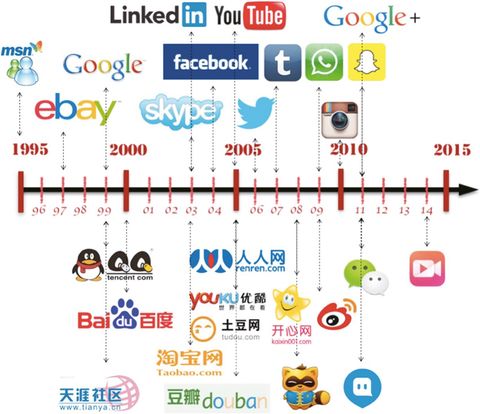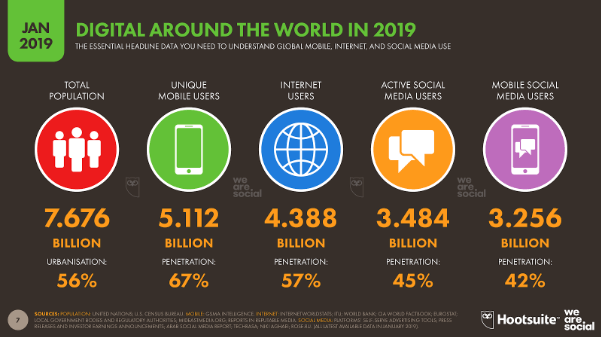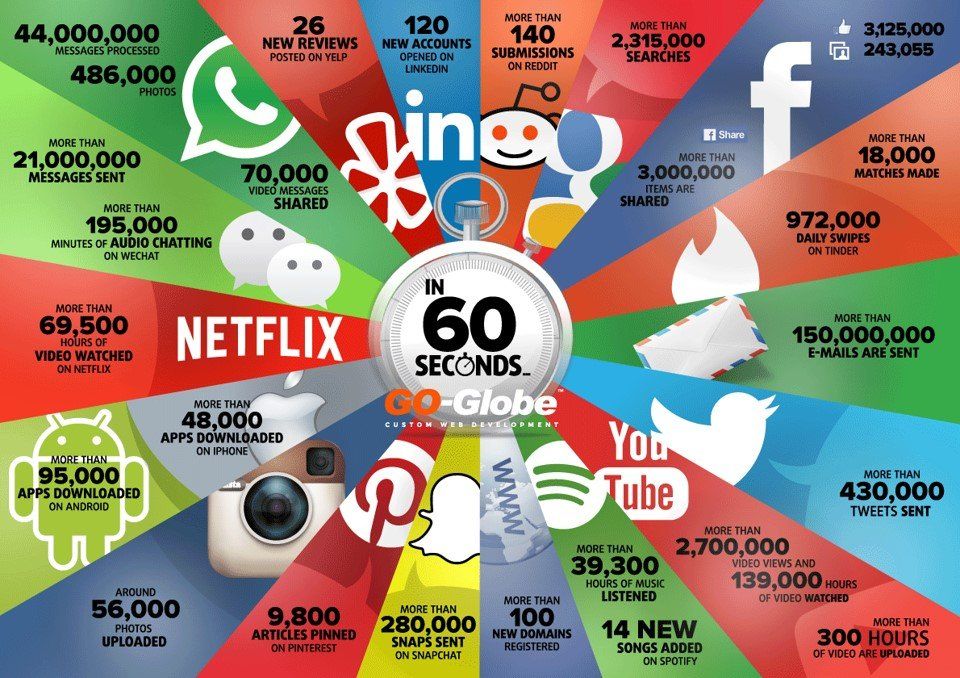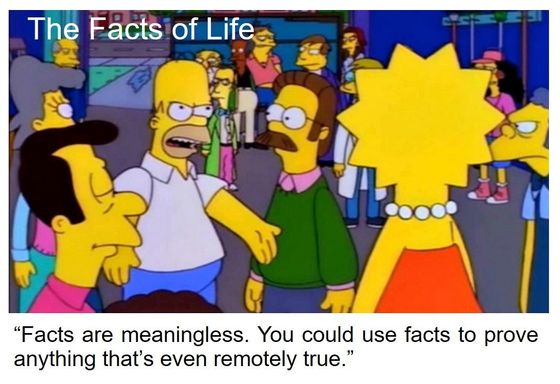Resources: Overview
Page Content
1 Definitions & Origin of Terms
According to Collins, the word ‘fake’ was originally used as part of the slang spoken among criminals who wanted to conceal their activities from prying ears — it started out as a verb, and referred to producing a counterfeit or doctored version of something, such as money or documents. The term possibly originated from the Italian verb facciare ‘to make’.
The association of ‘fake’ with ‘news’ appears to have started out in the field of comedy, in shows such as Jon Stewart’s 'The Daily Show', but around 2005 the term began to be applied to false news stories that were circulated with malicious intent rather than as satire. It shot to prominence during the 2016 US presidential campaign when pundits noted the large number of websites broadcasting false stories under the guise of 'news'.
In November 2017 Collins
made ‘fake news’ its ‘Word of the Year’. It defined the term as: “false, often sensational, information disseminated under the guise of news reporting.” This followed Oxford Dictionaries
selecting ‘post-truth’ as its Word for 2016. It defined 'post-truth' as “relating to or denoting circumstances in which objective facts are less influential in shaping public opinion than appeals to emotion and personal belief.”
The term 'post-truth' seems to have been first coined bySteve Tesichin a 1992 essay in The Nation
magazine.
Words of the Year

You get an indication of the prevalence of ‘fake news’ and misinformation from the words chosen by the major dictionaries to represent recent years — at least in English! The other chosen words paint a pretty bleak picture of the public mood.
2 The Evolution of the Internet
a) Timeline
The timeline
below identifies some of the main hardware and software developments that have brought us the internet and social media.


The graph to the left shows how the social media landscape has developed in China; the one below
divides the web's development into nine 'epochs'.
b) Number & Distribution of Internet Users

c) What Happens in a Minute?
To understand the challenge of controlling or regulating what appears on the internet / social media platforms, it is important to aware of the sheer volume of material that is being uploaded. Here's what happens in a typical minute:

This graphic is from Visually.
3 Why Bad Stuff Happens on Line
In 'The World Wide Villain' — part of a series on BBC Radio 4
aired in Aug 2017 under the title 'Aleks in Wonderland: the Story of the internet' — Aleks Krotoski explains why there is so much bad stuff on the internet:
“We are dealing with non-standardised, complex systems all connected to a single giant super highway; a superhighway that is not checking to see who’s travelling on it, because, well, it was built that way. It’s a heady mix, technology and human behaviour… [So] why does bad stuff happen on line? because the net is a reflection of wider society. It’s an amplification of pre-internet human culture, drive and behaviour. That’s why there’s so much porn and gambling on line. That’s why fake news exists. That’s why we live in echo chambers. That’s why it’s used for propaganda; it’s used for bulling; and it’s used to con innocent people. The internet didn’t invent these things, it just made them much, much easier to find. The web has long been described as a great democratiser that gives everyone a free and open publishing platform to share whatever they want with everyone that wants to see it. Thank you Sir Tim Berners Lee.”
Sir Tim has grown increasingly concerned about what has happened to his world wide web: in Nov 2018 he launched a global campaign to “save the web from the destructive effects of abuse and discrimination, political manipulation, and other threats that plague the online world.” Humanity, he said, is “functioning in a dystopian way.” [1]
In March 2019 (on the 30th Anniversary of the WWW) Sir Tim identified three issues that are harming the web:
- malicious activity such as hacking and harassment;
- problematic system design such as business models that reward clickbait;
- unintended consequences, such as aggressive or polarised discussions.
You can read more about his Foundation, For the Web, here.
Unfortunately, tackling these problems is highly problematic, and especially when it comes to debunking myths and misinformation:
“Unless great care is taken, any effort to debunk misinformation can inadvertently reinforce the very myths one seeks to correct. To avoid these 'backfire effects', an effective debunking requires three major elements. First, the refutation must focus on core facts rather than the myth to avoid the misinformation becoming more familiar. Second, any mention of a myth should be preceded by explicit warnings to notify the reader that the upcoming information is false. Finally, the refutation should include an alternative explanation that accounts for important qualities in the original misinformation” [Cook et al]

4 Useful Blogs
a) Bad & Improbable Science
• Bad Science
(Ben Goldacre)
• DenialismBlog
('don’t confuse
denialism with debate')
• DC Improbable Science
(David Colquhoun)
• Bad Science Debunked
(Mark Alsip)b) Self-delusion & Truth
c) Other Fakery
5 Need an Expert?
If you are looking for an expert on on misinformation and or information warfare, there are two places you might like to start:
a) Global Experts on Debunking of Misinformation
The Global Experts on Debunking of Misinformation
portal provides contact details of a global network of over 80 academics/researchers from across multiple disciplines who are experts on misinformation, including:
• Social media and internet
• Debunking of misinformation
• Conspiracy theories and lack of trust
• Science communication and science denial
The website notes that its experts welcome inquiries from media, government and or NGOs. The database can be searched by institution and key words.
• Debunking of misinformation
• Conspiracy theories and lack of trust
• Science communication and science denial
b) DisinfoPortal.org
The second portalwas launched in June 2018 by the Atlantic Council. It provides a database of country-specific researchers and organizations “who are willing to answer media inquiries and questions from government officials and other experts on disinformation threats posed by state and non-state actors.”
The site is described as a “one-stop interactive online portal and guide to the Kremlin’s information war which aggregates open source research and journalism from the United States and Europe."
Notes
1 Sir Tim is not alone: other leading internet pioneers have expressed concern at the way the web is being used today to spread untruths and peddle hate. These include Vint Cerf (‘father of the internet’), Steve Wozniak (Apple’s co-founder) & Jaron Lanier (virtual reality pioneer/guru).

